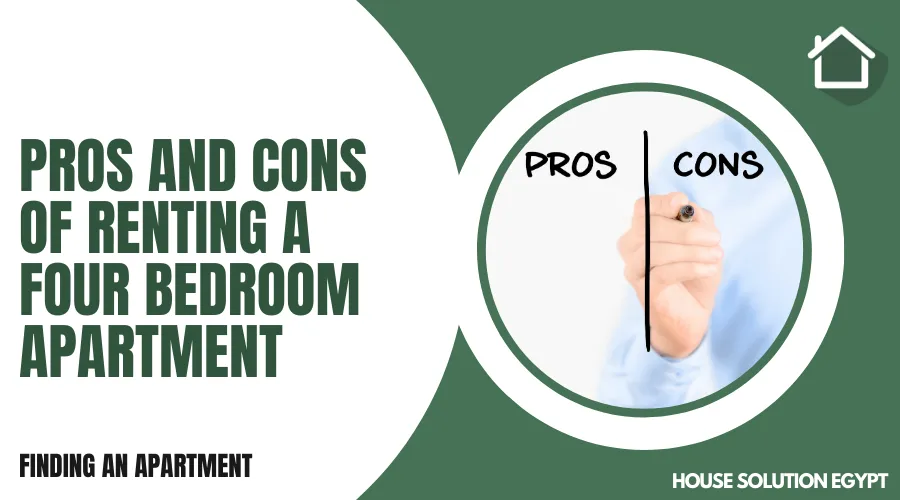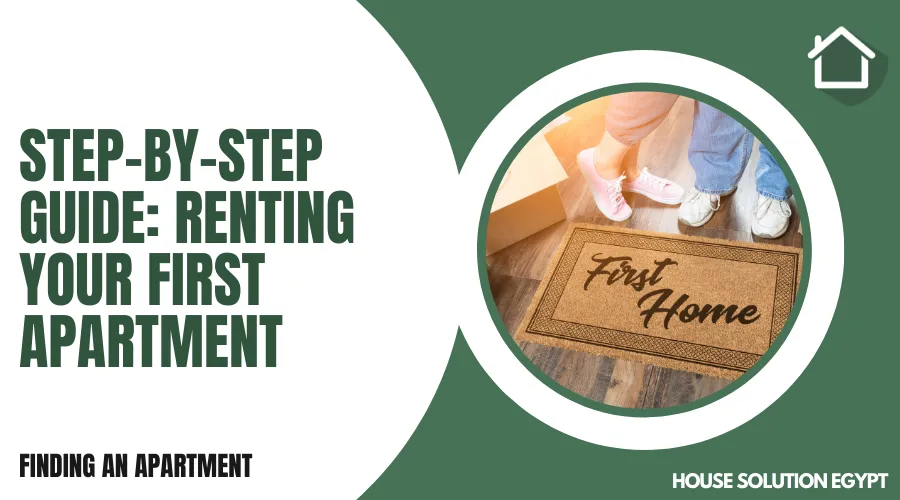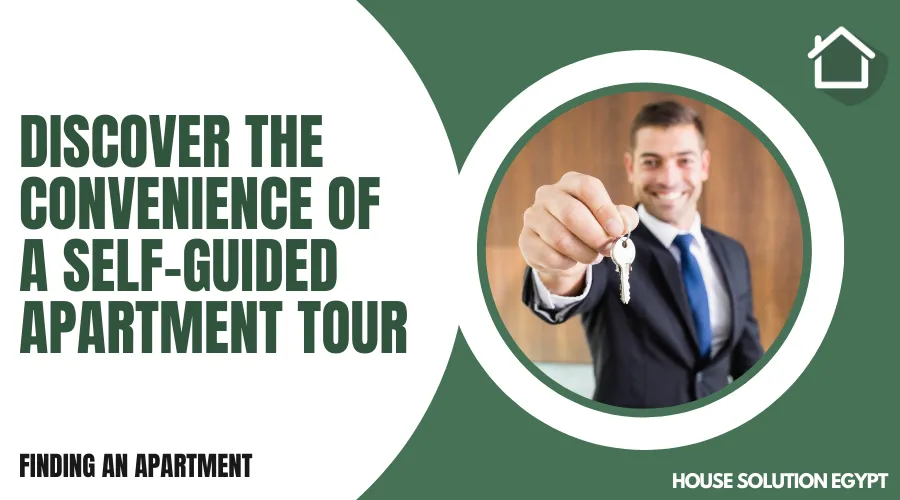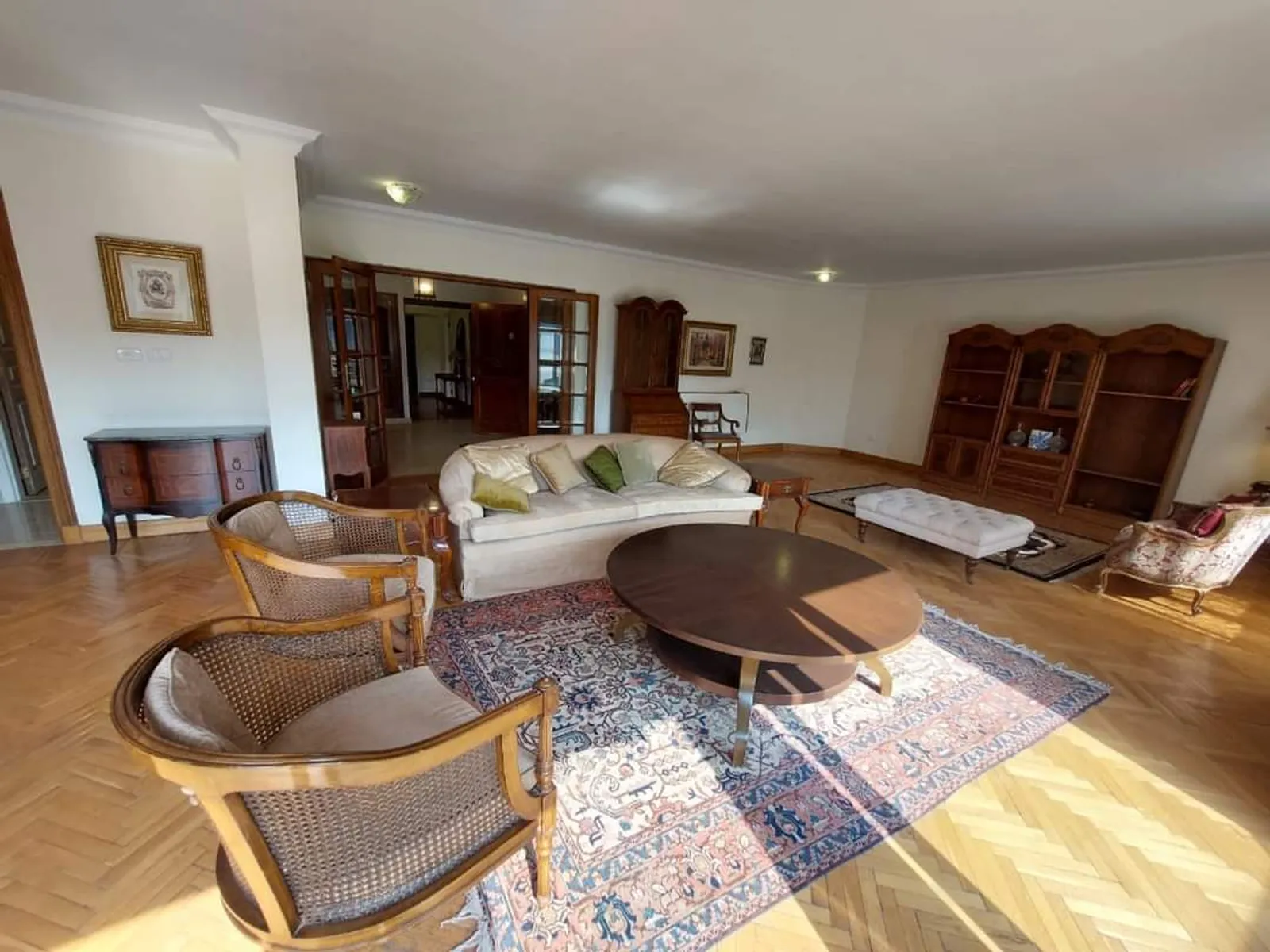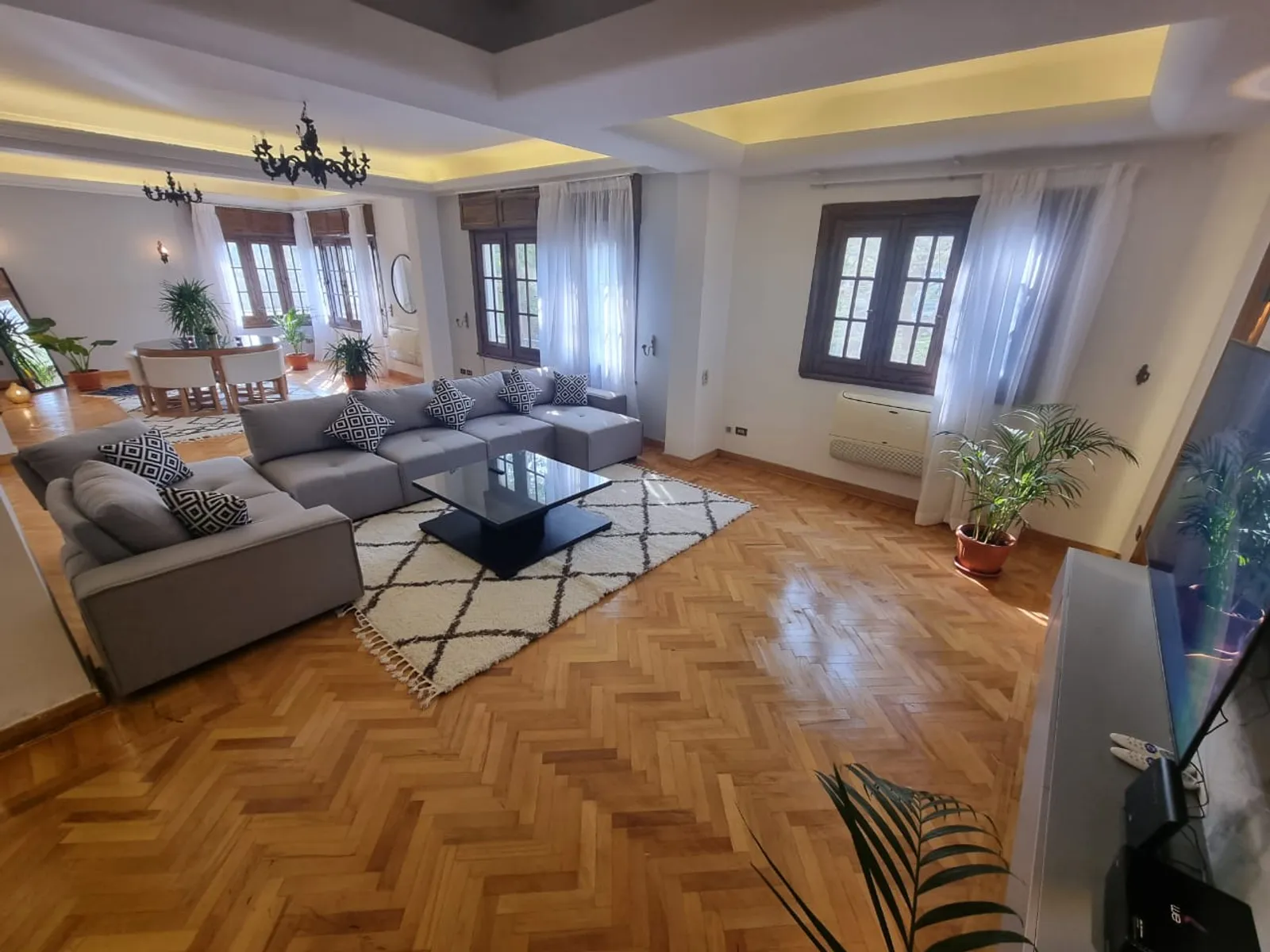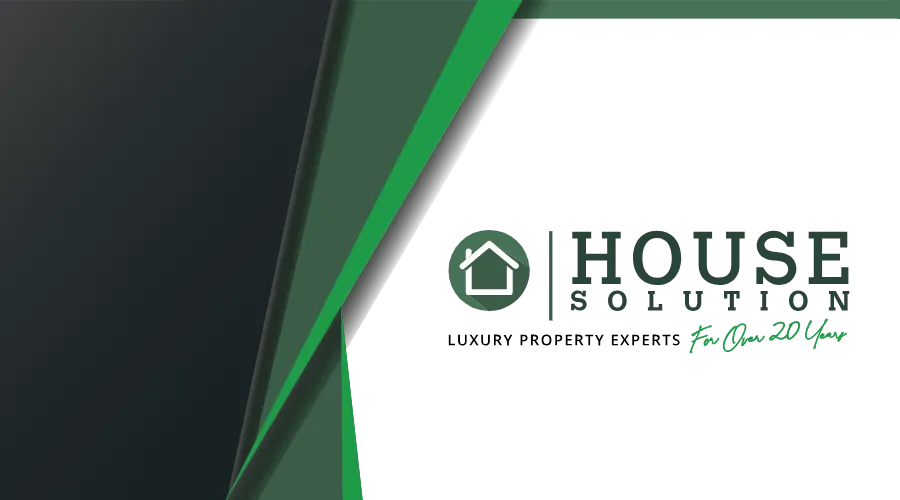15 SECURITY QUESTIONS TO ASK BEFORE RENTING YOUR NEXT APARTMENT
Finding an Apartment|8.5 MIN READ|Updated on: 07 October 2023|Written by: Marwa Samir
Apartment Safety and Security
When searching for an apartment, safety, and security should be a top priority. Before signing any lease agreement, it's important to ask the right questions to ensure that you're renting a secure space. Asking questions will give you peace of mind knowing that you're renting a safe and secure space for yourself and your belongings.
Don't hesitate to inquire about additional security measures such as on-site security guards or 24-hour maintenance staff available for emergency situations. Remember, your safety is paramount, so take all necessary precautions when selecting your next apartment. Here are 15 Questions you should consider asking before renting your next apartment:
Question 1: Security Deposit?
Security deposits are a common requirement when renting an apartment. The deposit is typically equal to one or two months' rent and serves as protection for the landlord against damage or unpaid rent. Before signing a lease, it's important to ask about the specific terms of the security deposit, including how much is required, when it must be paid, and what conditions may result in the forfeiture of the deposit.
Tenants should also inquire about how the landlord will use the security deposit if they need to make deductions at the end of the lease term. Some landlords have strict guidelines for what constitutes damage versus normal wear and tear, so it's important to get clear on these policies upfront. Additionally, tenants should ask about their rights regarding disputes over security deposits and whether there are any laws that govern them. By asking these questions early on in rental negotiations, tenants can avoid surprises down the road and ensure they're protected throughout their tenancy.
Question 2: Building Amenities?
When it comes to renting an apartment, the building's amenities can play a significant role in your overall living experience. Before signing a lease, make sure you inquire about the available amenities and whether they are accessible to all residents or come at an additional cost. Some common building amenities include gyms, swimming pools, outdoor spaces like parks or gardens, and laundry facilities.
In addition to these basic amenities, some buildings may offer more unique features like rooftop decks with stunning views of the city skyline or even pet grooming stations for furry companions. Determine which amenities are most important to you and factor them into your decision-making process when choosing an apartment complex.
Keep in mind that while having access to top-notch facilities can be appealing, they may also result in higher rent costs. Consider whether the benefits of having these amenities outweigh their associated expenses before committing to a lease agreement.
Question 3: Visitor Policy?
When renting an apartment, it's important to consider the visitor policy. Some apartments have strict rules about who can enter the building and how long they can stay. This policy can impact your social life and make it difficult for friends and family to visit you.
Before signing a lease, ask the landlord or property manager about their visitor policy. Find out if there are any restrictions on the number of visitors allowed at one time or if overnight guests are permitted. You should also inquire about whether visitors need to be registered with building security before entering.
Additionally, some buildings may require visitors to show identification or be escorted by a resident when entering the premises. It's important to understand these policies so that you and your guests aren't caught off guard by unexpected requirements or denied entry altogether. By asking these questions ahead of time, you can ensure that you're comfortable with the level of security in place while still being able to enjoy visits from friends and family.
Question 4: Maintenance Schedule?
When it comes to renting an apartment, security is a crucial consideration. One of the essential questions that tenants need to ask before moving in is about the maintenance schedule of the building. Knowing how often maintenance is performed can help anticipate potential issues and ensure that you are living in a safe environment.
Maintenance schedules should include regular checks on smoke detectors, carbon monoxide detectors, fire extinguishers, elevators, and emergency exit lights. These items need to be inspected periodically by trained professionals for any faults or malfunctions. Regular cleaning of common areas such as hallways, staircases, and entrances also needs to be included in the maintenance schedule.
Tenants must ensure that their landlord follows the maintenance schedule consistently. If there are any inconsistencies or delays in carrying out the necessary repairs or inspections, tenants should report them immediately to their landlords or property managers. It's essential for landlords to prioritize tenant safety by maintaining a proper maintenance schedule at all times.
Question 5: Theft Alarms?
Burglar alarms are an essential security feature that can help protect your apartment from intruders. Before renting your next apartment, it is crucial to ask the landlord if they have a burglar alarm system installed in the building. If there isn't one, you may want to consider installing one yourself.
When choosing a burglar alarm system for your apartment, there are several factors to consider. The first is the type of alarm system you want: wired or wireless. Wired systems require professional installation and are more complicated to set up but provide reliable protection. On the other hand, wireless alarms can be easily installed by anyone and offer flexibility in placement.
Another factor to consider when selecting a theft alarm system is its features. Some alarms come with motion sensors that detect movement within the apartment while others use door and window sensors that trigger an alarm when someone tries to open them forcibly. A good option would be a combination of both these types of sensors for maximum protection against break-ins.
Question 6: Surveillance Cameras?
Surveillance cameras have become increasingly common in apartment complexes as a way to enhance security. While the presence of cameras can be reassuring, it's important to ask questions about them before renting an apartment with surveillance. Firstly, find out how many cameras are installed and where they are located. This will help you understand the extent of monitoring in the complex and whether it aligns with your expectations.
Additionally, inquire about who manages the surveillance footage and for how long it is kept. It's essential to know if management or a third-party company oversees camera footage and what measures are in place to ensure that sensitive information isn't accessed by unauthorized parties. Finally, consider asking about any policies relating to resident privacy when using common areas or amenities that may be monitored by surveillance cameras. Being aware of these policies can help you make informed decisions regarding your safety and privacy while living in the apartment complex.
Question 7: Neighborhood Security?
When it comes to renting an apartment, the security of the neighborhood is a critical factor you should consider. It’s important to choose a neighborhood where you feel safe and secure. Before signing any lease agreement, inquire about the crime rate in that area. One way to evaluate neighborhood security is by taking a walk around the area at different times of day and night. During these walks, observe how people behave and any suspicious activities. Also, check if there are enough street lights and if police patrols are visible.
Living in a safe environment gives you peace of mind and allows you to enjoy your living space without fear or anxiety. Therefore, take time to research and ask questions about neighborhood security before making any rental decisions.
Question 8: Keyless Entry System?
If you're in the market for a new apartment, one of the things on your checklist should be whether or not it has a keyless entry system. Keyless entry systems are becoming increasingly popular among renters and landlords alike because they offer convenience and security benefits. With a keyless entry system, there's no more fumbling around with keys when you come home from work or trying to find them at the bottom of your bag.
Not only is it convenient, but keyless entry systems also provide added security benefits. Traditional locks can easily be picked by intruders, whereas keyless entry systems have much more advanced technology that makes them much harder to break into. In addition, some keyless entry systems can even track who enters and exits the apartment using unique access codes for each resident.
Overall, having a keyless entry system in your apartment is definitely something to consider if you want an added layer of convenience and security in your living situation. It's worth asking potential landlords about their current security measures and finding out if they plan on implementing any upgrades in the near future.
Question 9: Fire Escape Plan?
When it comes to renting a new apartment, one of the most important things to consider is how you'll escape in case of an emergency. That's why it's crucial to have a fire escape plan in place before moving into your new home. Start by identifying all possible exits, including windows and doors, and make sure they're easily accessible.
Next, create a detailed plan for each family member or a roommate on what to do in case of a fire. This should include the fastest route out of the apartment, where to meet up outside, and who will be responsible for grabbing important documents or items before leaving. Practice this plan regularly so everyone knows exactly what they need to do if an emergency occurs.
Finally, make sure your apartment has working smoke detectors installed in every room and that they're tested regularly. It may also be worth investing in a small fire extinguisher for added protection. By taking these steps ahead of time, you can ensure that you and your loved ones are prepared for any potential emergencies that may arise while living in your new apartment.
Question 10: Emergency Contacts?
Having emergency contacts readily available is crucial in any living situation. When considering renting a new apartment, it is important to ask your landlord or property management company who you should contact in case of an emergency. This includes situations such as fire, flooding, medical emergencies, and other unexpected events that may require immediate attention. It is also important to ensure that the emergency contacts provided are reliable and can be reached at all times.
In addition to knowing who to contact in case of an emergency, it is important for renters to have their own emergency contact list as well. This should include the names and phone numbers of family members or close friends who can be contacted in case of an emergency that affects you personally. Renters may also want to consider providing their own list of medical professionals or caregivers who should be notified in case of a medical emergency.
Overall, having access to reliable and effective emergency contacts is essential for any renter. By asking about emergency contacts before signing a lease agreement and maintaining your own personal list, you can help ensure that you are prepared for unexpected events and have peace of mind while living in your new apartment.
Question 11: Apartment Lockouts?
Apartment lockouts can be a frustrating and stressful experience for tenants. It's crucial to know the policies and procedures of your apartment complex regarding lockouts before signing a lease agreement. You should ask the landlord or property manager about their policy on emergency lockout services or any fees associated with them.
In some cases, landlords may have a spare key to unlock apartments in case of emergency situations. In other instances, they may require tenants to hire professional locksmiths at their own expense. Knowing these details beforehand can prevent unnecessary stress and expenses.
Additionally, it's helpful to explore preventative measures that can reduce the likelihood of getting locked out, such as having extra keys made, leaving an extra key with a trusted friend or family member nearby, or using smart locks that allow for remote access through mobile apps. By taking these precautions and understanding the apartment complex's policies on lockouts, you can minimize the inconvenience and potential costs associated with being locked out of your apartment.
Question 12: Smoke Detectors/Fire Sprinklers?
Smoke detectors and fire sprinklers are both essential components of a comprehensive fire safety system. While smoke detectors are designed to detect the presence of smoke, fire sprinklers are meant to extinguish the flames. Smoke detectors work by sounding an alarm when they detect smoke or other types of combustion gases in the air. On the other hand, fire sprinklers activate automatically when they sense heat from a nearby flame.
It is highly recommended that your apartment should have both smoke detectors and fire sprinklers. Smoke detectors will alert you to danger early on, enabling you to evacuate safely before it gets too late. Meanwhile, fire sprinklers can help contain or even fully extinguish small fires before firefighters arrive on the scene.
Question 13: Locks on Windows/Doors?
When it comes to renting an apartment, security is a top concern for most people. One important aspect of apartment security is the locks on windows and doors. Before signing a lease agreement, it's essential to inquire about the type and strength of locks on all entry points.
The first thing to ask about is whether there are any deadbolts installed on the main entrance door. Deadbolts provide an extra layer of protection against forced entry attempts. Additionally, check if all windows have secure locking mechanisms that cannot be easily manipulated from outside.
It's also wise to ask if there's a policy in place regarding replacing or rekeying locks after each tenant moves out. This ensures that previous tenants or unauthorized individuals do not have access to your unit through old keys they may still possess. Overall, asking these questions can help you make an informed decision when choosing your next apartment and ensure that you feel safe and secure in your new home.
Question 14: Onsite Parking Options & Security Measures
When searching for an apartment to rent, parking options and security measures are crucial factors to consider. Onsite parking is a desirable amenity that many tenants look for as it offers convenience and peace of mind. It's important to inquire about the availability of onsite parking and whether there are additional fees for it.
Furthermore, assessing the security measures in place can help determine the safety of the property. Inquiring about surveillance systems or security personnel on site can provide reassurance that you're renting from a reputable landlord who values tenant safety. Additionally, asking about key fob access or entry codes can ensure that only residents have access to the building, reducing the risk of unauthorized individuals entering.
Overall, when considering an apartment rental, knowledge regarding onsite parking options and security measures should not be overlooked. These factors contribute significantly to your comfort and sense of safety while residing at a particular property.
Question 15: Off-Street Parking Options & Security Measures Question
Off-street parking options and security measures are important factors to consider when searching for an apartment. Having a safe place to park your vehicle can provide peace of mind and prevent theft or damage. Look for apartments that offer designated parking spots, preferably in a gated or fenced area with controlled access.
In addition to secure parking options, inquire about the overall security measures in place at the apartment complex. Are there surveillance cameras throughout the property? Is there a doorman or security guard on duty 24/7? What is the process for granting access to guests or maintenance workers? These are all important questions to ask before signing a lease.
Remember that you have a right to feel safe and secure in your home. Don't be afraid to ask tough questions and thoroughly research potential apartment complexes before making a decision. Your safety should always be a top priority, and choosing an apartment with proper off-street parking options and security measures is one step towards ensuring it.
Conclusion:
In conclusion, before renting your next apartment, it is important to ask the right questions about security. This will help you make an informed decision and ensure that you feel safe in your new home. Among the questions to ask to include those related to physical security measures such as locks on doors and windows, outdoor lighting, and surveillance systems.
Another important aspect of security when renting an apartment is how responsive management is to concerns or issues that arise. You should inquire about what procedures are in place for reporting incidents, emergency situations, or suspicious activity. Additionally, it may be helpful to read online reviews from previous tenants to get a sense of their experiences with security and management.
Overall, taking the time to thoroughly assess the security measures in place at a potential rental property can save you from future stress and discomfort. By asking these 15 key questions and doing some independent research beforehand, you can feel confident that you have made a wise choice for your next living situation.
